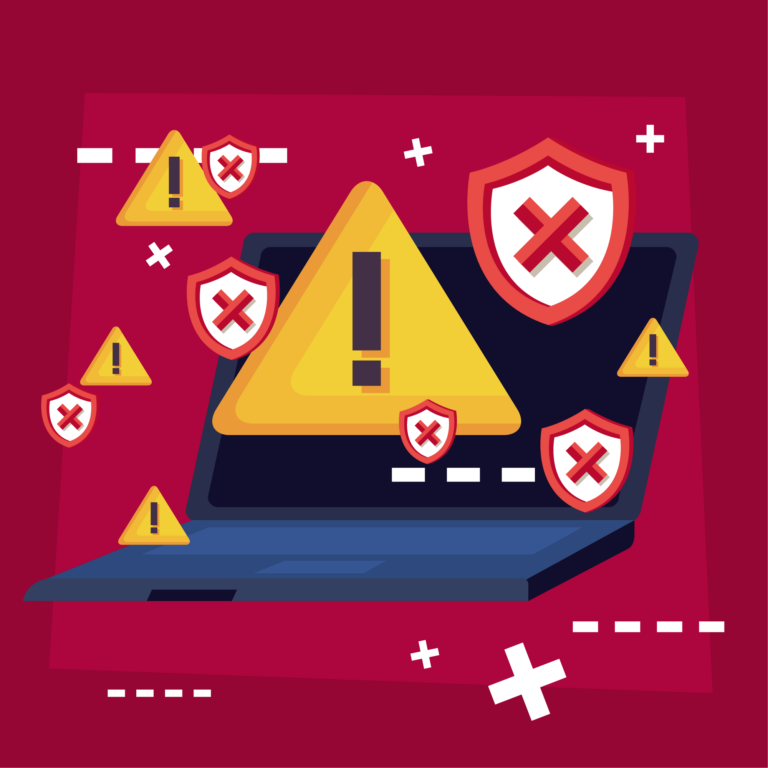Kaspersky Antivirus: popular worldwide
It is estimated that some 400 million computers worldwide use Kaspersky Antivirus. This places the Russian company among the most popular antivirus providers worldwide. Both companies and individuals eagerly install the program to protect against malware and viruses.
What's going on at Kaspersky Labs?
The use of Kaspersky Antivirus software has been under fire for several years. As early as 2017, then-President Donald Trump signed a law allowing a ban on Kaspersky software. The Dutch government also followed suit and banned any further use of Kaspersky Antivirus, for fear of digital espionage and sabotage.
At the time, the Center for Cybersecurity Belgium (CCB) saw no reason for a similar ban because Kaspersky had since moved its data processing from Russia to Switzerland.
Once again under fire for invasion of Ukraine
With the invasion of Ukraine, Russian companies are under heavy pressure. Kaspersky Labs is not escaping this either. For example, the German Federal Office of Security in Information Technology (BSI) - the German counterpart of our CCB - in mid-March to stop using antivirus software from this Russian company. The service advises companies to switch to alternative antivirus software.
Now that Kaspersky is blacklisted in more and more countries, we also see a lot of questions from Belgian organizations about possible alternatives.
What is the alternative to Kaspersky Antivirus for my business?
From our expertise in cybersecurity, VanRoey offers these 4 alternatives to. Of course, we look at each request or situation individually to determine which solution is the best fit:
- Fortinet FortiClient EMS:
software that can be pushed to the endpoint for device protection. Ideal in combination with other components of the Fortinet Security Fabric.
- Fortinet FortiEDR: EDR can detect suspicious movements at lightning speed. Potentially infected devices are immediately isolated. This nips the spread of unknown malware in the bud and prevents worse from happening. Be sure to read the recent blog of our Security Expert Els Bleys About this topic.
- Trend Micro Worry Free Antivirus: entered our range as an alternative to Symantec EndPoint Protection. An all-in-one solution that offers employees protection anywhere, on any device.
- SentinelOne: is a US cyber security company that is very much betting on artificial intelligence for endpoint and server security.
They also offer Identity Protection to very accurately protect your Active Directory setup, among other things.
Would you like more info about the above products? Do not hesitate to contact our specialists:
VAT no.
share this post:








